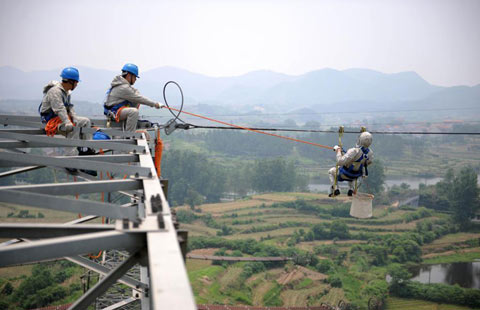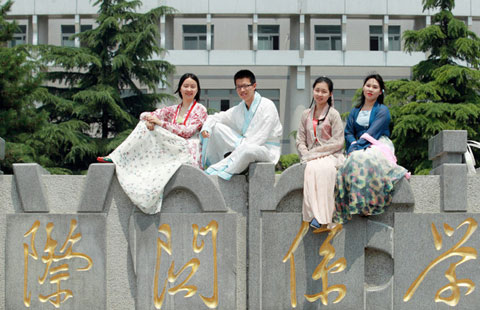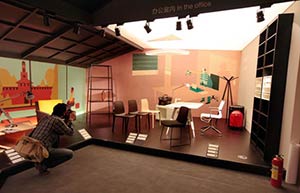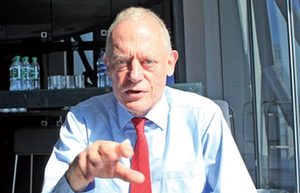Africa has to make the best of China ties
By Andrew Moody and Wang Chao (China Daily) Updated: 2014-06-16 07:07The Mozambican academic believes that Africa needs to fully utilize bodies such as the Forum on China-Africa Cooperation, which was set up at the turn of the century and had its last meeting in Beijing in 2012.
It has come to symbolize the relationship between China and Africa, no more so than in 2006 when representatives of 48 African countries met in the Great Hall of the People in Beijing. Former Chinese president Hu Jintao hailed it as a new "strategic partnership" between China and Africa.
"You cannot say it is not an important organization for Africa. It clearly is. The Chinese are looking out for their own interests, but they are also willing to support Africans. It seems to me, however, that we are not taking seriously this opportunity. The Chinese will not push us if we don't push ourselves to make the best of this opportunity," he says.
Chichava was born in the south of Mozambique, the second oldest of seven children.
Like many in his district, his father Inacio, now 63, worked in the Johannesburg gold mines.
When he first started at school, he found it a challenge since the lessons were in Portugese and not in his native Changana.
"My late mother (Ana Eugenio), who had only four years of formal education herself, at that point decided that from then on we would all speak Portuguese at home. I think that was one of the reasons I was able to make academic progress," he says.
Eventually doing well at school, he went on to study social sciences and public management at Eduardo Mondlane University in Maputo.
From there he won a French government scholarship to study at the University of Bordeaux, where he eventually received a master's and a doctorate in political science.
He returned to Mozambique to work for the newly created IESE, where he specializes in rising powers and development with a particular interest in both China and Brazil. He also lectures at his alma mater Eduardo Mondlane University.
One talking point in Mozambique has been whether the country might be the next Dubai within 20 years, following a recent discovery of major gas reserves. Chichava believes this is highly unlikely.
"We would have to change many things for this to happen. You know there is no strategic plan for development. In our first 10 years after independence there was a clear plan of how Mozambique must be in the future. There is no longer that clear vision," he says.
He says if Mozambique and other African countries are to progress further on development then South-South cooperation between developing nations is important.
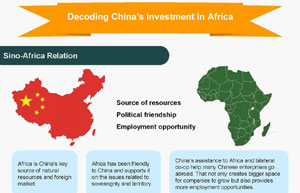 |
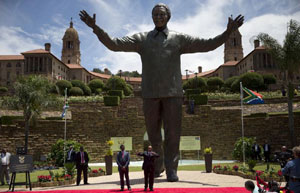 |
| Decoding China's investment in Africa | Top 10 African countries with highest GDP |
- China's FDI inflows down 6.7% in May
- Tianjin undergoes mixed ownership economy boost
- China, Britain on 'winning course': Premier Li
- FTZ needs predictable reforms
- Foreign firms find liquid assets in water sector
- Beijing housing sales slump 35%
- Will China's housing market hit the iceberg?
- Business as usual for theme parks


